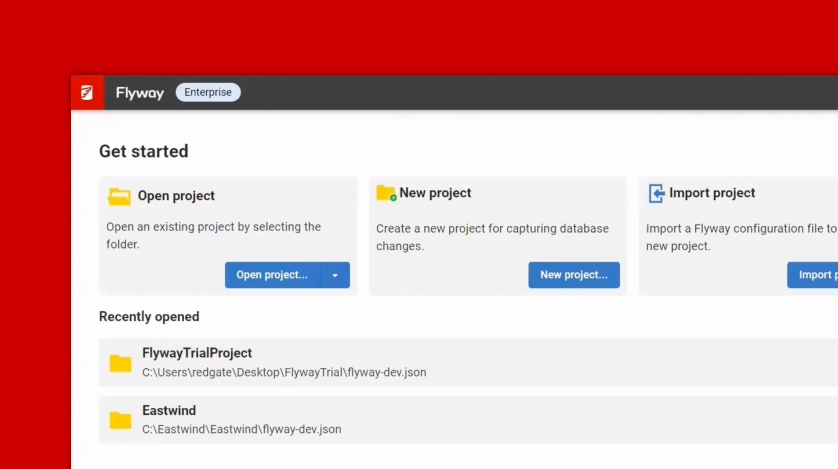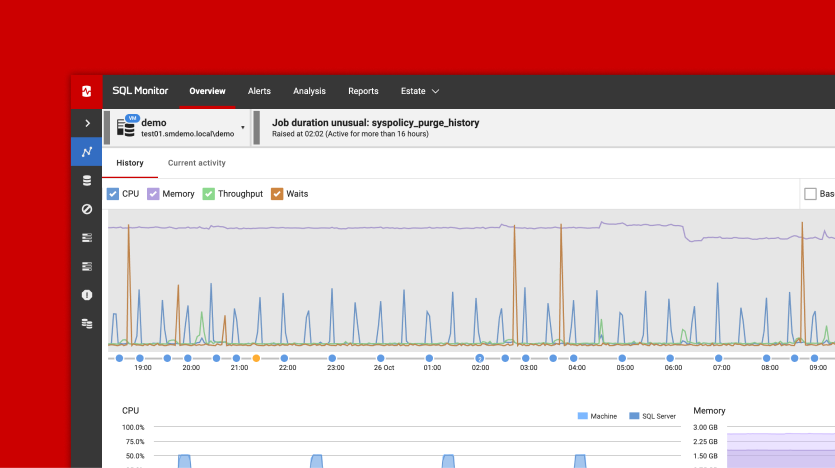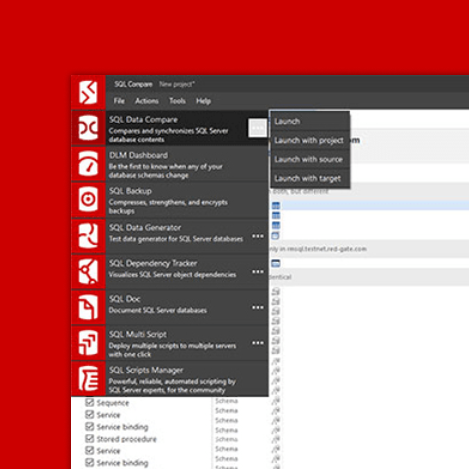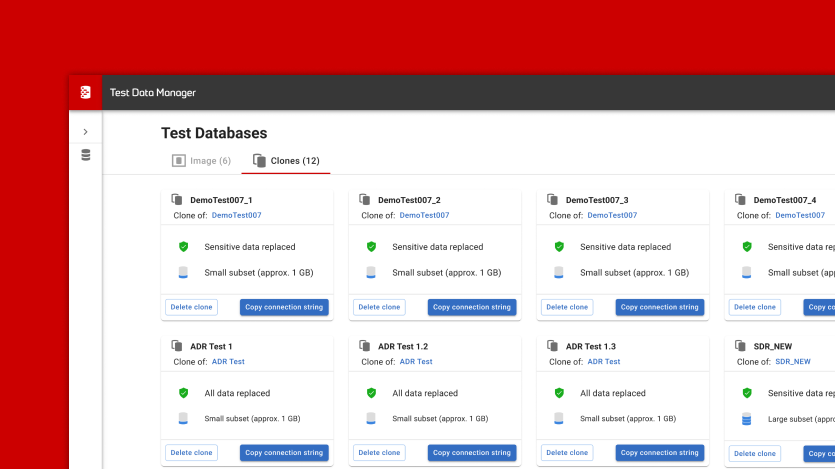Laying the foundations for a healthier digital future in the NHS

At the end of 2021, we published a blog post about the Autumn budget in the UK, what it meant for IT teams in the NHS, and why data management should be prioritised. We looked specifically at four key areas for sharing, monitoring, protecting, and accessing data that we believe are crucial elements of the digital transformation journey.
Digital transformation is part of the NHS Long Term Plan, a wide-ranging programme to upgrade technology and digitally-enabled care across the NHS. Other elements of the plan can also be rooted back to data and data management, such as joined up care and better support.
As we move into the second half of the year, we wanted to look at what changes have been made so far, and what more can be done on the road to digital transformation.
A recent Health Tech Newspaper article suggests that there is still a long way to go in that journey in the public sector. One of the biggest challenges is the lack of resources to implement the digital transformation or keep up the level of work to make it successful. The other significant challenge is getting buy-in in the first place.
As a respondent from NHS England and Improvement stated: This is all headed up by the need to change the culture, educate people on the art of the possible/achievable, breaking the traditional siloed thinking and adapt an approach which builds in flexibility and adaptability.
Why data saves lives
A Department of Health & Social Care policy paper published in June 2022 recognises that, going forward, there are vital changes to be made for the future of health and care, and the opportunities that data-driven technologies provide. In Data saves lives: reshaping health and social care with data, it states: If we put this plan into action, and unlock the incredible power that data possesses, we can bring the future forward, and make us all healthier and safer.
Part of this policy is developing the right technical infrastructure to make effective use of data, and it defines ten data architecture principles with guidelines that must be followed when new services that work with health and care data are created or adopted. Ultimately, the importance of data and data management has been identified, but there is still much work to be done to achieve the targets.
From our experience working with NHS organisations, for example, there may only be one DBA in place for an entire NHS Trust, so all of the onus is on them to manage large – and growing – server estates. They need to be able to proactively diagnose problems and find solutions to maintain and speed up processes for vital development work.
If there are unresolved issues, it can literally stop clinical systems from running. As a consequence, effective database monitoring tooling is an area where more attention should be focused to maintain vital clinical systems.
Why it’s crucial to care for data
While NHS Trusts and organisations are being urged to make more use of data and share it more widely, there is also an obligation protect it. The personal information the sector collects, stores and processes is particularly sensitive, and legal frameworks like the Data Protection Act (DPA) 2018, which brought the EU General Data Protection Regulation (GDPR) into law, and the Common Law Duty of Confidentiality (CLDC) have to be followed.
The requirement to do so was highlighted in the 2022 Thales Data Threat Report, which found that 46% of respondents across EMEA, and in every industry sector including Healthcare, reported an increase in the number of cyber-attacks.
That shouldn’t come as a surprise, given that larger organisations are often deliberately targeted, a good example being the Health Service Executive (HSE) of Ireland which saw all of its IT systems shut down after a ransomware attack in May of 2021.
Beyond the concern that criminal hackers breached the HSE was the time it took to recover from the breach. A month after the attack, a quarter of the HSE’s IT servers were still encrypted by the ransomware, and 30% of computer devices remained unusable. So while the focus is often on the immediate threat to the data, there is the longer term effect on the ability of organisations to continue to function and deliver services effectively.
Hence the increasing focus in healthcare on digitising and sharing data, yet also raising the security measures around it.
The next steps in the data journey
In June 2022, the Department of Health & Social Care published a policy paper, A plan for digital health and social care, which outlines the three foundations needed for a sector-wide digital transformation.
Digitisation
The first is a £2 billion investment to digitise health data, with 100% of NHS trusts having electronic health records by March 2025 and the right infrastructure and connectivity to work digitally. Another key focus is to strengthen cyber security capabilities, including clinical safety and accessibility. As we’ve seen, there is an increasing need for this, with cyber criminals continuing to target the healthcare industry, and a requirement to protect the detailed personal information of patients.
We’ve provided many NHS trusts and health boards with our protection solution tools to keep software development running smoothly, while ensuring that confidential personal data is kept safe, with secure environments that can be set up in minutes.
Connect
The second foundation is to ensure all Integrated Care System (ICS) organisations are connected to an integrated life-long health and care record by 2024, removing silos and enabling a linked healthcare ecosystem. With our compliant database DevOps solutions, we can offer industry-standard software to make the sharing of data simpler and improve the interoperability between data platforms, thereby improving data sharing country-wide.
Transform
The third foundation builds on the first two, with a goal to add an array of new features to the NHS App and make it the front door for interacting with the NHS, with 75% of adults registered for the App by March 2024. The plan also sees an opportunity to stimulate a thriving innovation ecosystem that fosters collaboration between the health and social care sectors and the tech industry by 2025. This would build further on the benefits we’re already seeing for NHS trusts and health bodies which partner with us to deliver automation, database versioning, monitoring and data privacy solutions.
Summary
We can safely say that the UK Government understands the need for digital transformation within our healthcare system and the goals have been extensively talked about in a range of publications including The Government's revised 2021-22 mandate to NHS England and NHS Improvement.
We’ve also established that Redgate can play a big part on the journey to digital transformation, with many success stories within NHS trusts and health bodies in progress. We would love to hear more about your digital transformation journey and how we can help you meet your goals.
Are you attending HETT? If so, set up a meeting with me or one of our healthcare team, to talk more about our success stories within the NHS and how we can facilitate change within your organisation.








